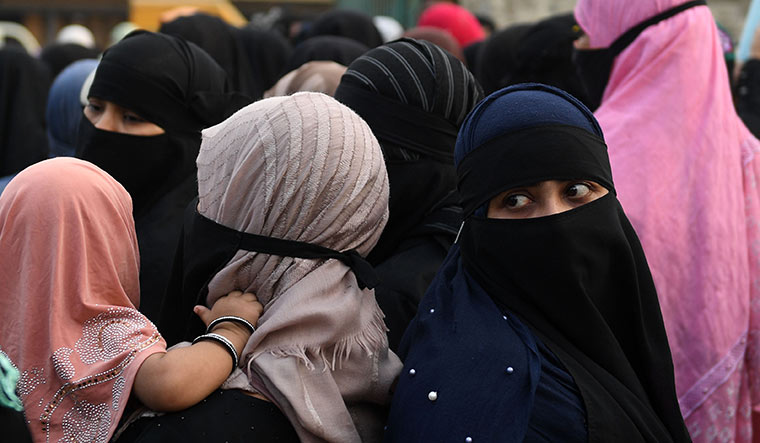The discussions around UCC is a critical time for Muslim women to demand legislative reforms. While the whole country debates UCC, Muslim women must get legislative protections around issues of polygamy, child marriage, halala/muta/misyar, equal inheritance rights, equity in custody/guardianship rights and right to legally adopt.
For the Muslim community, the first set of reforms, so to say, began in 1937 in the form of the Shariat Application Act. It was followed by another quick codified law in 1939—The Dissolution of Muslim Marriage Act. For the next 50 years, no reforms happened. The Muslim Women (Protection of Rights on Divorce) Act 1986 removed Muslim women from the legal provisions for maintenance and brought in a law that allowed Muslim men to run away from the responsibility of paying post-divorce maintenance. The fight for a law against triple divorce (2019) was also a long drawn one, with many religious groups opposing any disruption in the practice that had rendered scores of Muslim women homeless and destitute.
It is high time Muslim women got a gender just law protecting their rights within the family in the form of a comprehensively codified Muslim family law. The community, which began earlier than the others on the road to reforms, has lagged behind so much that, in 2023, Muslim women are deprived of protection within the family. They have suffered the most at the hands of discriminatory practices imposed on them in the name of Islam.
Codify the MPL based on our draft
Bharatiya Muslim Mahila Andolan has been demanding a codified Muslim family law since 2007, and has even prepared a draft of the same. This process enabled BMMA to bring the issue of law reform out of the closet into an open debate and also rendered the Muslim clerics exposed with their blatant sexism and misogyny.
The need of the hour is legal protection to Muslim women on issues of polygamy, child marriage, inheritance rights, adoption and custody of children. A community which has been deprived of a codified law (a privilege enjoyed by all others), would be more happy if its own law is codified and made gender just.
Include Muslim community in the laws against polygamy and child marriage
In the past four years, BMMA has also been demanding reforms by including the Muslim community into the fold of existing laws on polygamy and child marriage. All non-religious laws related to family issues are, without exception, applicable to all citizens. But within and outside the Muslim community and also within the judiciary, there is an understanding, or rather a misunderstanding, that these laws are not applicable to the Muslim community. As a result, Muslim women are deprived of their right to legal protection through the laws of the land. If not a fully codified family law, at least allow the laws against polygamy and child marriage to be made applicable to the Muslim community. BMMA has been demanding that Muslim community must come under the ambit of the Prohibition of Child Marriage Act, 2006 and 494 IPC.
Uniform Civil Code
BMMA understands that the government’s push for UCC as a means to achieve gender justice, portraying the Muslim community as the main hurdle to it, serves no one. Many groups like the Sikhs and tribals and political parties have also shown their apprehension. It also means that the government must have deeper consultations with all religious and ethnic groups, going beyond the submissions to the Law Commission. UCC must not be a polarising issue, especially when its intent, as stated by the government, is national integration. The government must also not make UCC another stick to beat the Muslim community. Whatever the final look of the UCC would be, it must reflect the needs of each community. The process of arriving at a code must be inclusive and collaborative.
Muslim women will not benefit from any uniform law if it does not provide them with legal protection against discriminatory practices. For example, if the code does not prohibit halala, muta, misyar practices, then it does not help them. There are many practices of the Muslim community that are empowering, like the mehr, express consent of bride and out-of-court arbitration structures, which must be retained for the benefit of women.
After assimilating the suggestions from the Law Commission, if a UCC is truly what all communities want, then the draft must be shared with all and open for further changes and amendments. If the government is truly concerned about gender justice, then the UCC must be inclusive of all voices of women across caste, community and ethnicity. And it must not be a rushed affair for political benefits.
The author is co-founder, Bharatiya Muslim Mahila Andolan.


